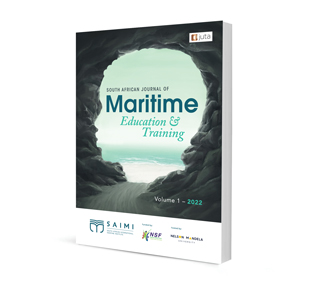Overview of the Skills Required for Marine Protection and Ocean Governance

Overview of the Skills Required for Marine Protection and Ocean Governance
Author Patrick Vrancken
ISSN: 2790-783X
Affiliations: Incumbent of the SARChI Chair in the Law of the Sea and Development in Africa and chair of the Phakisa MPG Lab’s capacity-building working group
Source: South African Journal of Maritime Education and Training, Volume 1 Issue 1, p. 1-8
https://doi.org/10.47348/SAJMET/2022/i1a1
Abstract
This paper provides an overview of the skills required for marine protection and ocean governance by focusing on five aspects on a regional basis, namely maritime knowledge, maritime awareness, maritime safety, maritime security and maritime integrity. It is concluded that a focus on the development and retention of the skills required in these regards is necessary for the state to optimally govern the South African maritime domain in the interests of all South Africans, to ensure that South Africa protects its lawful interests on the high seas and to enable South Africa to make its full contribution to the integrated governance of the African maritime domain.